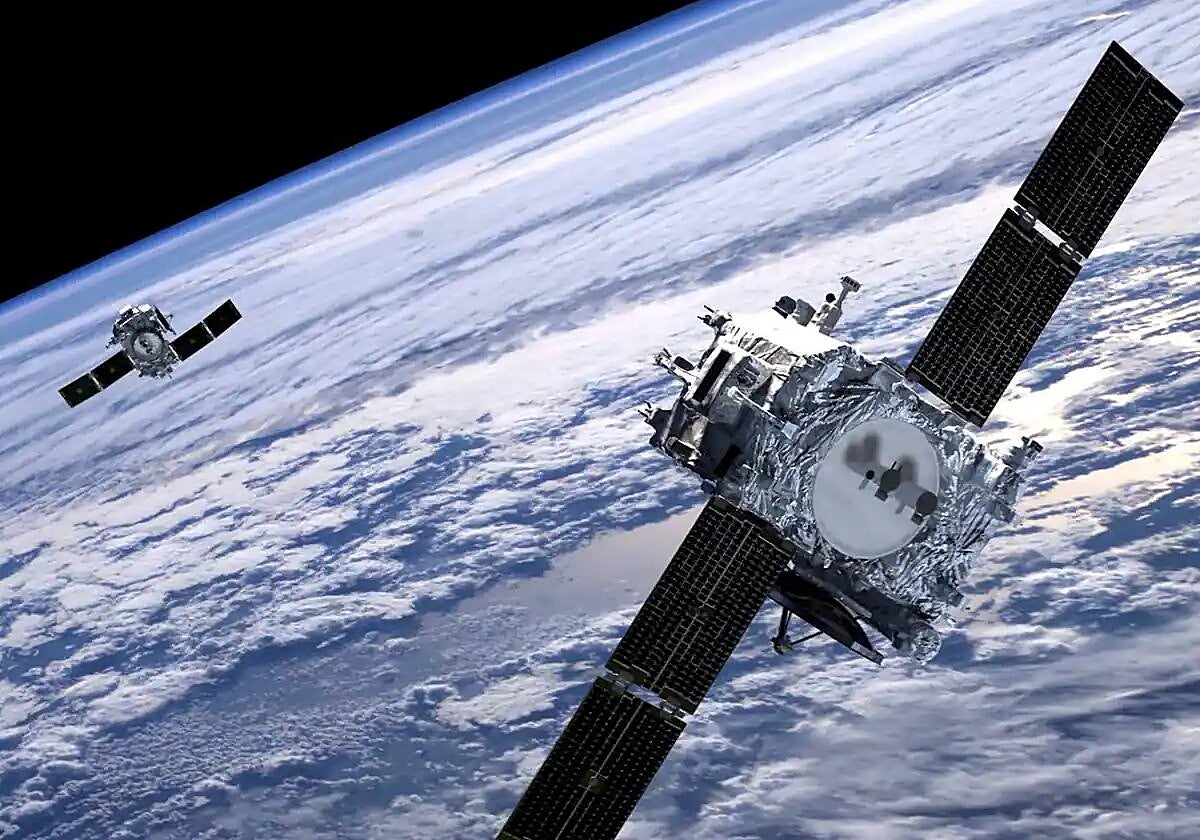Andalucía's first satellite could be launched into space as soon as next year
Alpha 3 will generate scientific data that will be made freely available to institutions, NGOs and universities for the fields of food optimisation, deforestation, water management, fire prevention, migration, medical trials and any other related science
La Voz
Cadiz
Tuesday, 16 April 2024, 18:45
The University of Cadiz is working on the design of the Alpha 3 satellite, the first Andalusian satellite to be launched into space. The aim is for the satellite to be launched in 2025 in a bid to collect useful data for Andalusian centres involved in science such as climate change.
The Alpha Mission project will mark a milestone in the region's aerospace history with the design, construction and launch of the first Andalusian satellite, the CubeSat Alpha 3.
With this private initiative, Andalucía will join an exclusive club of players designing and launching satellites into space, while opening the door to new opportunities for research and discovery.
The details, phases and status of the mission were pointed out during a presentation of the nano-satellite. The University of Cadiz, through the work developed by researcher Isabel López, were selected to develop a payload - "We are basically talking about the scientific instrument to be installed on the cubesat. Specifically, it will be a Lidar sensor designed to detect and measure space debris," she pointed out.
Isabel López, together with researcher Alexander I. Franco, published a paper in the prestigious journal Scientific Reports - Nature, which aimed to analyse, on the one hand, the impact of micrometeoroids or space debris on the destruction of a satellite, and on the other, how cosmic rays, which are sources of ionising radiation, affect these same devices; something that will serve to guide the design and operation of future spacecraft. "We have worked on quantifying the probability of catastrophic collision of space debris compared to catastrophic failure due to radiation effects for the same space satellite, orbit and mission duration. Our purpose is to find out whether the probability of catastrophic failure due to debris collision over the mission period is lower, equal or higher than the probability of catastrophic failure due to radiation effects," the researchers said.
They then conducted an important comparative analysis to improve the reliability of missions, seeking to help the space community and space sectors in two aspects: to see how space collision risks from orbital debris affect satellites, and to promote the political investment in debris mitigation policies.
With dimensions of 10cm wide by 30cm high and weighing approximately 1.8kg, the satellite will collect data on radiation and magnetism. This information will provide entities involved in the Andalusian sector with valuable information to develop future projects related to climate change.
Alpha 3, which will be launched into space in 2025 and operate from low-Earth orbit, is supported by the ministry of industry and European funds. The first satellite of the Alpha Mission will have sensors to map the radiation received in low-Earth orbits during the satellite's lifetime.
By knowing radiation levels, companies can make assessments of the durability and reliability of electronic components in the space environment, allowing them to make informed decisions about which components are most suitable for their space applications.
The satellite's objectives
The Alpha 3 initiative aims to generate scientific data that will be made freely available to institutions, NGOs and universities for the fields of food optimisation, deforestation, water management, fire prevention, migration, medical trials and any other related science.
Mission Alpha will develop a 2U cubesat equipped with all the necessary systems for communication and in-orbit maintenance. A series of phases are being followed in the project, focusing on mission definition, design, manufacturing, validation and, finally, the launch scheduled for 2025.
Mission Alpha
Mission Alpha is arranged by Indaero Grupo Emergy SL, a company specialising in engineering and advanced manufacturing with a strong presence in the aeronautical and space sector. CactusSoft is another company involved, which specialises in providing technical consultancy and digital engineering services to its clients covering a diversity of industries, such as smart mobility, IoT or e-Health among others.
Integrasys Group, a Spanish company with 33 years of experience in the development of automated solutions for testing and measurement in the Telecommunications and Aerospace sectors, is also involved in Mission Alpha, as well as ALTER, dedicated to providing engineering services for packaging and converting machines and supplies for them.
Both the University of Cadiz and the University of Seville are responsible for the educational instruction of the project, without forgetting the active participation of the On Tech Innovation Cluster and the Smart City Cluster.
